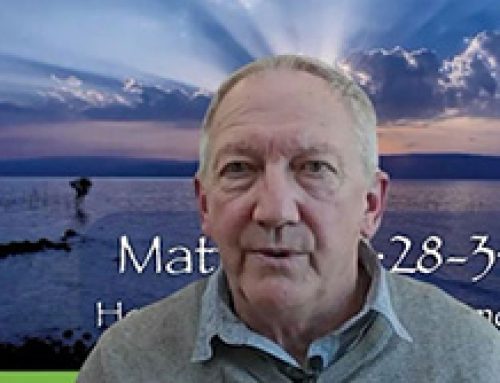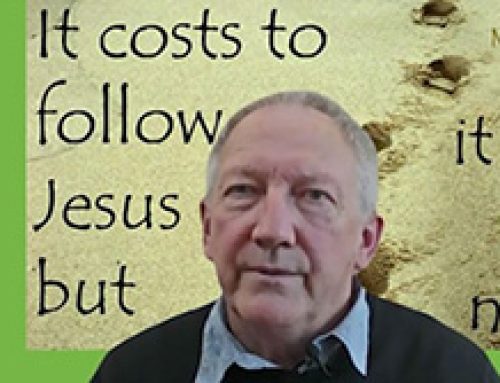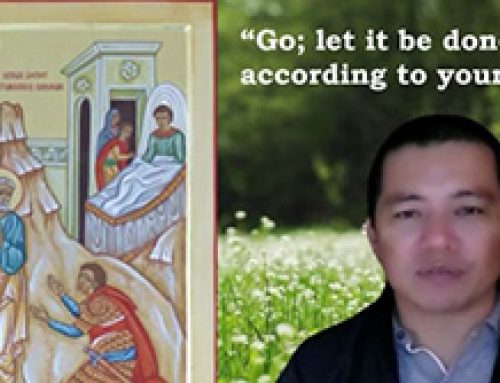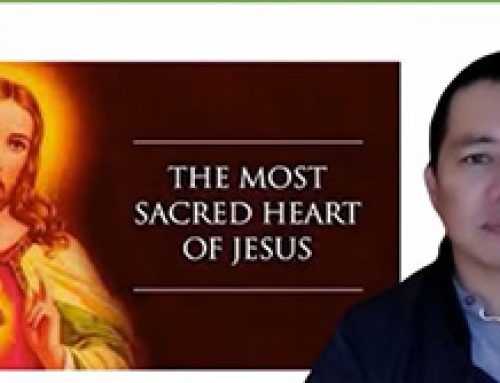Deacon Prodencio Bognay reads and reflects on the Gospel of Matthew (9: 1-8) in which Jesus in curing the paralytic, says to the scribes who question his authority, “which is easier, to say, ‘Your sins are forgiven,’ or to say, ‘Get up and walk’?”
Deacon Prodencio invites us to take a closer look at the sequence of events in our Gospel reading today. First, Jesus arrived at his own hometown – we can imagine he is familiar with the people and he is comfortable with them. Next, he said some people brought to him a paralytic, hoping to receive a miraculous healing. By this time Jesus was already known for his healing and so those people wasted no time in grabbing the opportunity to seek healing from him.
Instead of acting like a magician healer Jesus lets the compassionate love of God work by assuring the paralytic that his sins are forgiven because of their faith. Jesus lets the Divine Love be recognised in the situation rather than the natural human tendency to judge and discriminate.
Looking at the sequence of our Gospel story today, Deacon Prodencio invites us to journey back home, though not to each of our hometowns, but to our own interior self. He says we journey back home like Jesus, if we explore those parts of our life that are familiar, as well as those parts that may have been left unattended for some reason.
Deacon Prodencio says, we can probably find parts of our life that have been paralysed. We can probably find parts of our life that have been sick for donkey’s years or we can probably find within ourselves some part of our life tormented by a feeling of guilt and shame. Finding any of this, it might help us to assert ourselves, to recognise our sickness, and to seek God’s healing.
With the assurance of the unconditional love and compassion of God for us, Deacon Prodencio invites us to pray that may we come to be loving and compassionate to our own selves as well.






Leave A Comment